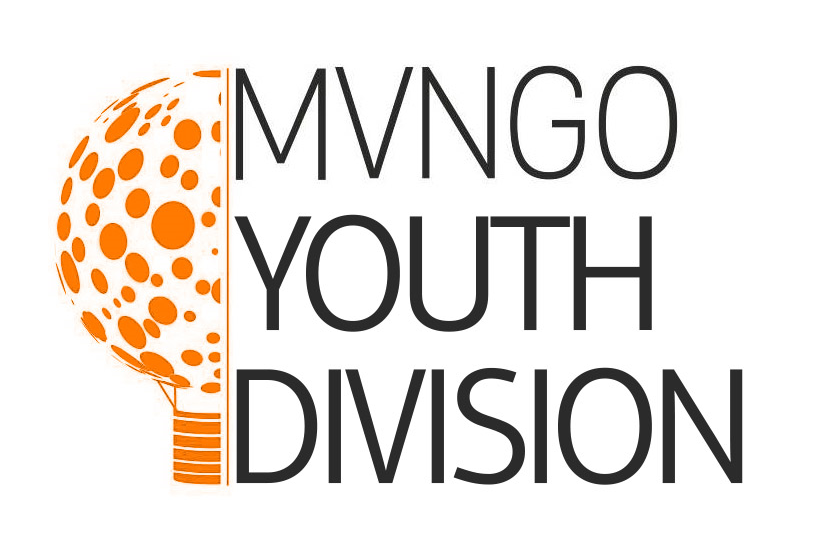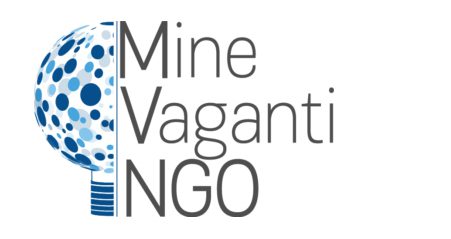“EntreprenHour” (EH) is a Strategic Partnership in the youth field aimed at promoting the role of Social Entrepreneurship (SE), in combination with Non-Formal Education (NFE) and practical learning, as a tool for enhancing social inclusion and employability of disadvantaged sectors of the youth population.
Project Title: EntreprenHour
Duration: 01/02/2019 – 31/12/2021
Project reference: 2018-3-SE02-KA205-002305
Funding: 160.382,00
Programme: Erasmus+
Key Action: Cooperation for innovation and the exchange of good practices
Action Type: Strategic Partnerships for youth
The direct target group of the project are young NEETs (not employed in education, training or in the labour market) aged 18-25 in all partner countries (Sweden, Italy, Bulgaria, and Germany) and Europe. The indirect target group is composed of youth operators, NGOs, and institutions involved in the youth dimension of non-formal learning (youth centers, sports clubs/associations, and informal groups of young people) at the different levels (from the local to the European), in partner countries and beyond.
The European Union’s “Strategic Framework for European cooperation in education and training” (ET 2020 strategy) prioritizes the development of human capital and the update of existing education/training policies and programmes to the needs of an ever-evolving global reality as a strategic focus for European societies to be concretely withstand the challenges brought about by the XXI century, not least globalization and the transition to a knowledge-based society, offering opportunities of employability and prosperity to all European citizens. The specific objectives underpinning the implementation and monitoring of the Strategy include the reduction of early leavers from education and training to less than 10% by 2020 as well as promoting the acquisition of entrepreneurial skills/attitudes of basic and transversal skills at all levels of European societies.
The European Youth Strategy reflects this approach in the field of Youth by setting specific priorities related to the promotion of youth entrepreneurship, developing young people’s access to high quality education and training as well as reducing early school leaving.
An antinomy between set expectations and factual developments emerges from a context analysis of existing challenges, particularly in sensitive portions of the youth population. The inclusion deficit left open by formal educational setups combines with the structural bias of the labour market against low-qualified profiles, determining a concerning proportion of long-term unemployed among the youth.
According to European statistics, 12,5% of the EU population between 15 and 24 belong to the NEET category. All partner countries are faced by the challenge of NEETs in the youth population (11,9% in Italy, 14,3% in Bulgaria, 4,1% in Germany and 3,7% in Sweden).
The partial inability of formal education and participation circuits to fill gaps in employability, personal development and participation opportunities is a crucial factor hampering the development of skills and competences which would allow youth NEETs to achieve personal and educational fulfillment as well as be actively engaged in their local communities. Thus, fueling a self- perpetuating cycle of disadvantage and exclusion.
EH aims at addressing this challenge through cooperation among countries affected by the massive youth unemployment phenomena. With a concrete focus on extracting the educational potential of Urban Needs’ Analysis, Storytelling, Marketing and Intercultural Communication, NFE shapes the way to foster entrepreneurial empowerment and secure transition from ideas to action in the field of Social Entrepreneurship among the youth.
Project methodology will integrate 4 identified approaches into functionally distinguished components of a comprehensive process of entrepreneurial development:
1) Urban Needs’ Analysis, as an approach for the identification of the grassroots local community needs to be catered by means of Social Entrepreneurship action.
https://www.dropbox.com/s/hx80b2swezoh6yf/Urban%20Needs%20analysis%20Toolbox%20light.pdf?dl=0
2) Storytelling, as an instrument of structuring business ideas, establishing a clear/cut identity of social enterprises and related initiatives/products as well as fostering internal cohesion through the establishment of a defined corporate identity.
3) ICT, as a crucial area of expertise of a social entrepreneur profile and sector of direct entrepreneurial engagement.
https://www.dropbox.com/s/gv3rl5e8yv6j7fc/ICT%20Communication%20Toolkit%20light.pdf?dl=0
4) Intercultural Communication, as a pathway to foster business development by means of effective communication campaigns bridging cultural divides.
https://www.dropbox.com/s/annyzzfc9jq2jbe/Intercultural%20communication%20toolbox%20light.pdf?dl=0
5) Handbook
Steps of project cycle will be:
– Sharing and coordinated research on the existing good practices, which will be reported in state-of-the-art Reports and filtered into educational Toolkits for testing with the ultimate target group.
– Testing and reporting: A Blended Youth Mobility involving representatives of the ultimate target group (NEETs aged 18-25) will test each Toolkit (1 BMYP per toolkit) and develop the related learning outcomes in participants.
– Processing: Assessment of testing results to produce an integrated Format combining the areas of learning addressed in the Toolkits.




